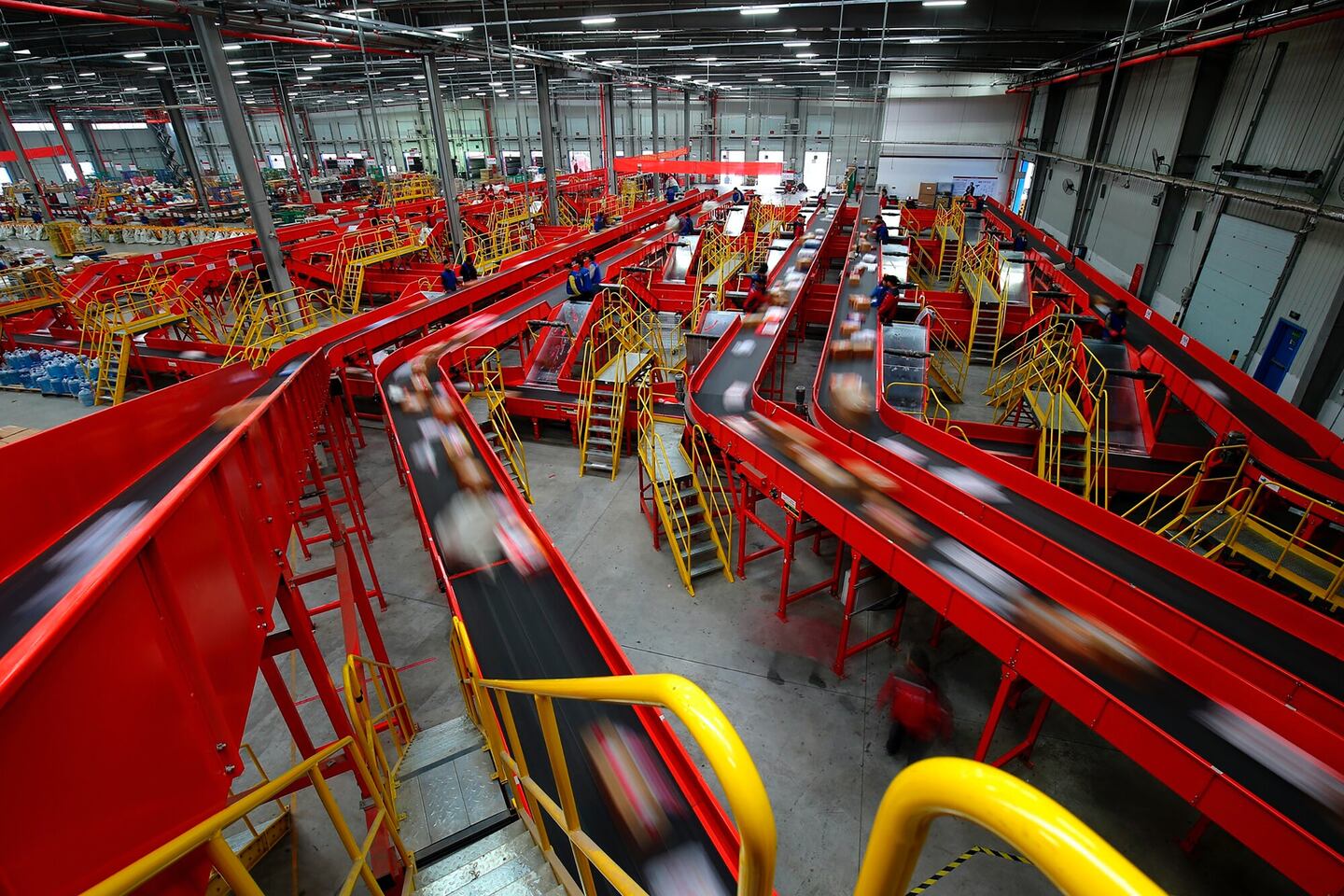
The Business of Fashion
Agenda-setting intelligence, analysis and advice for the global fashion community.

Agenda-setting intelligence, analysis and advice for the global fashion community.

BEIJING, China — JD.com Inc. will raise about $2.5 billion by selling a stake in its logistics business to investors including Hillhouse Capital and Tencent Holdings Ltd.
The agreement includes backing from China Merchants Group, Sequoia China and China Life, the Beijing-based e-commerce operator said in a statement Wednesday. JD.com will retain an 81 percent stake after the deal is completed this quarter, which suggests a valuation on the business of more than $10 billion.
The new funds will help JD Logistics supercharge plans to build delivery and warehouse networks around the world to fuel its expansion of e-commerce. Where competitors such as Alibaba Group Holding Ltd. rely on third-party providers, JD.com has taken the riskier route of constructing one of China’s most extensive network of fulfillment centers and delivery fleets.
“This current funding round sets the stage for us to further invest in expanding our lead in the sector in areas like automation, drones and robotics," JD.com Chief Executive Officer Richard Liu said in the statement. “The shift throughout global e-commerce towards our model is vindication of the path we chose.”
ADVERTISEMENT
Despite heavy investments in logistics, China’s second-largest e-commerce operator is expected to deliver its first annual profit since listing and is now looking to take its model to foreign markets from Southeast Asia to Europe and the U.S.
JD added so much warehouse space in the three months ending September that the new construction alone would be roughly equivalent to the Principality of Monaco. The business’ latest publicly released data shows it currently has 405 warehouses encompassing 9 million square meters across China. The company plans to open more cold chain warehouses that allow the delivery of fresh produce as well as drone airports capable of flying orders to remote outposts.
By David Ramli; editors: Robert Fenner and Edwin Chan.
With consumers tightening their belts in China, the battle between global fast fashion brands and local high street giants has intensified.
Investors are bracing for a steep slowdown in luxury sales when luxury companies report their first quarter results, reflecting lacklustre Chinese demand.
The French beauty giant’s two latest deals are part of a wider M&A push by global players to capture a larger slice of the China market, targeting buzzy high-end brands that offer products with distinctive Chinese elements.
Post-Covid spend by US tourists in Europe has surged past 2019 levels. Chinese travellers, by contrast, have largely favoured domestic and regional destinations like Hong Kong, Singapore and Japan.